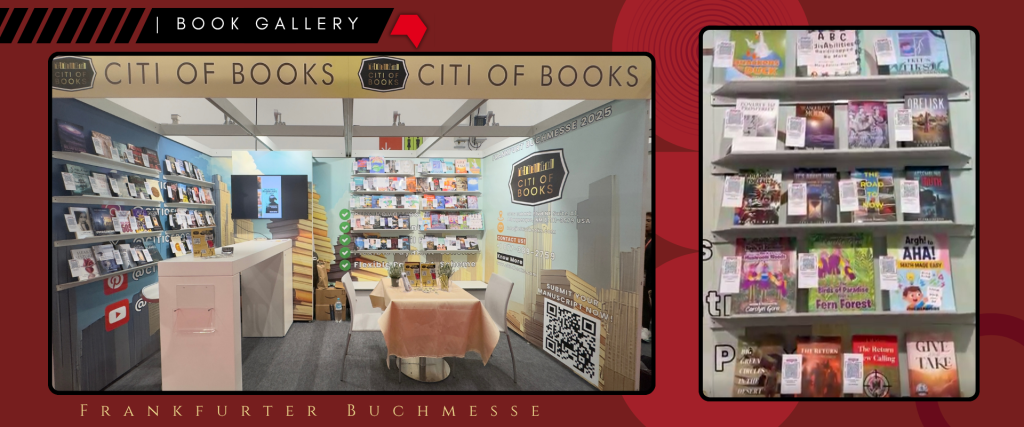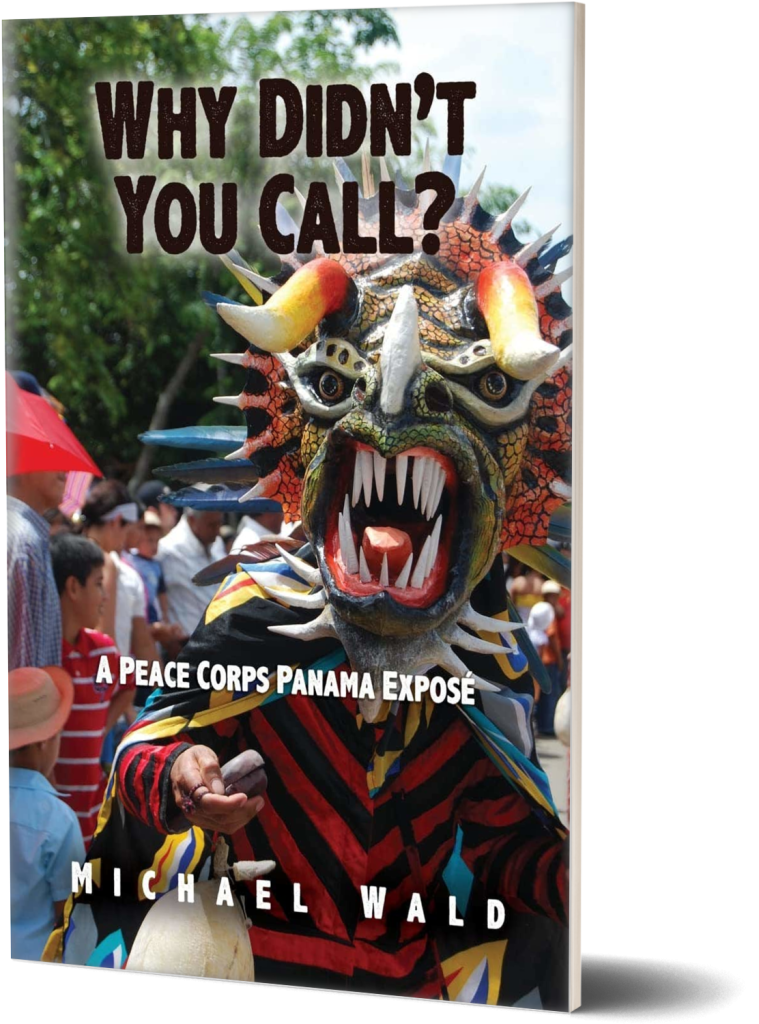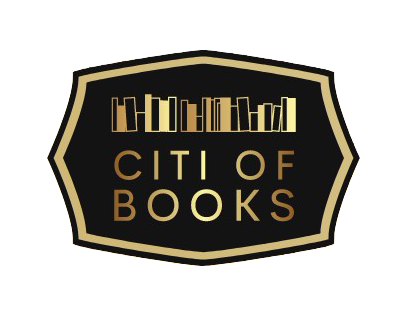
The world’s largest book fair, Frankfurter Buchmesse, once again opened its doors from October 15–19, 2025, in Frankfurt, Germany—welcoming dreamers, storytellers, and innovators from across the globe. Known as the beating heart of the publishing world, this grand event gathers more than 7,500 exhibitors from over 100 countries, with an expected 280,000 attendees and 10,000 media professionals. It’s not just a fair—it’s a global celebration of literature, culture, and creativity.
This year’s fair raises the bar even higher, offering more than 4,000 seminars and roundtable discussions that spotlight the evolving future of books and storytelling. From bold new voices to literary legends, the Frankfurt Book Fair 2025 remains the ultimate hub for discovering stories that inspire, unite, and challenge perspectives.
Adding a splash of cultural pride, this year’s Guest of Honour—Philippines—brings its vibrant literary tradition and storytelling heritage to the world stage. With colorful themes of faith, family, and identity, the Philippines’ participation breathes new life into this year’s fair, reminding everyone that imagination knows no borders.
As the fair celebrates another successful year of bringing together the brightest minds in publishing, Citi of Books proudly joins the festivities at the 77th Frankfurter Buchmesse, showcasing inspiring titles from its talented authors. Among the featured works in the Book Gallery is “Why Didn’t You Call?: A Peace Corps Panama Exposé” by Michael Wald— in which an “over-50” Peace Corps volunteer lovingly and humorously brings his experienced insights about serving in the third world part of Panama.

Michael Wald’s “Why Didn’t You Call?: A Peace Corps Panama Exposé” offers an honest, behind-the-scenes look at what it’s really like to serve in the Peace Corps. Far from the glossy, idealized image often shown in recruitment brochures, Wald shares an eye-opening account of both the promise and the pitfalls of international development work. Through his firsthand experiences in Panama, he exposes the bureaucratic inefficiencies, communication failures, and systemic flaws that too often stand in the way of genuine progress. Yet, amid the challenges, his story also highlights the resilience and creativity required to make a real difference.
With keen insight and a bit of hard-earned humor, Wald recounts how he learned to navigate and work around the system, ultimately completing a project that helped thousands of Panamanians improve their quality of life. His story isn’t one of disillusionment—it’s one of determination. Despite the obstacles, he found ways to create meaningful change, proving that personal initiative and compassion can succeed where red tape so often fails.
For readers thinking about volunteering abroad, this piece is a refreshing dose of truth. Wald doesn’t sugarcoat the realities of life in the field—he presents the joys and frustrations, the moments of hope and heartbreak, and the constant need to adapt and learn. His perspective helps future volunteers see beyond the romanticized idea of “saving the world” and understand what real development work requires: patience, humility, and an open heart.
More than a memoir, Wald’s book serves as a call to action for both the Peace Corps and those who serve under its name. It challenges institutions and individuals alike to strive for authenticity, effectiveness, and cultural respect in global outreach. “Why Didn’t You Call?” is not just a critique—it’s a roadmap for how volunteers can better represent the United States abroad and make a lasting, meaningful impact on the communities they serve.
Purchase the book through this link: https://a.co/d/3d6f0g0

